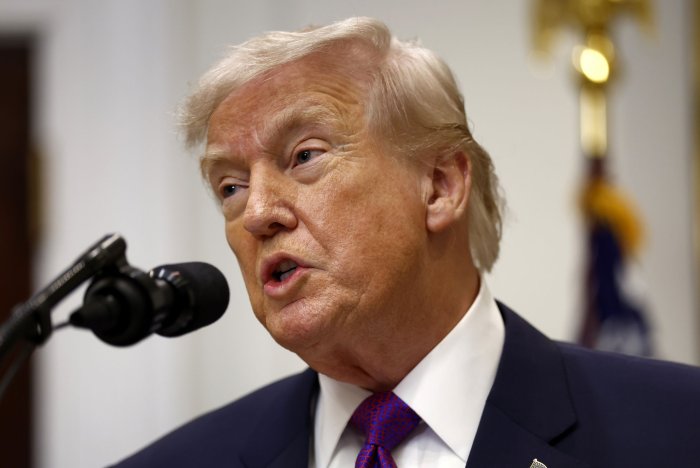Supreme Court limits Trump’s tariff authority in 6-3 decision
Feb. 20 (UPI) — The U.S. Supreme Court ruled Friday that President Donald Trump does not have the unilateral authority to impose tariffs.
The 6-3 decision struck down some of the broad tariffs Trump has imposed across the world from the Executive Branch. Chief Justice John Roberts said the president “must identify clear congressional authorization” to use the International Emergency Economic Powers Act to impose tariffs.
The decision came down in a lawsuit with several small businesses and Democratic attorneys general sued the Trump administration over improperly imposing tariffs. The plaintiffs argued that Trump was using the tariffs to raise revenue, a responsibility that falls under the scope of U.S. Congress, not the president.
While the Justice Department claimed that Trump was using tariffs to regulate foreign goods, Trump often said the tariffs were bringing in substantial revenue to the federal government.
Tariffs that Trump imposed using other laws will remain in place, such as tariffs on steel and aluminum.
Roberts added that the Trump administration has not provided any statutory support to its claim that the International Emergency Economic Powers Act applies to tariffs.
“We hold that the IEEPA does not authorize the president to impose tariffs,” Roberts wrote in the majority opinion.
Justices Clarence Thomas, Brett Kavanaugh and Samuel Alito, all conservative justices, dissented.
Friday’s decision is the first in which a legal challenge to Trump’s second-term policies received a full hearing and resolution from the U.S. Supreme Court.

